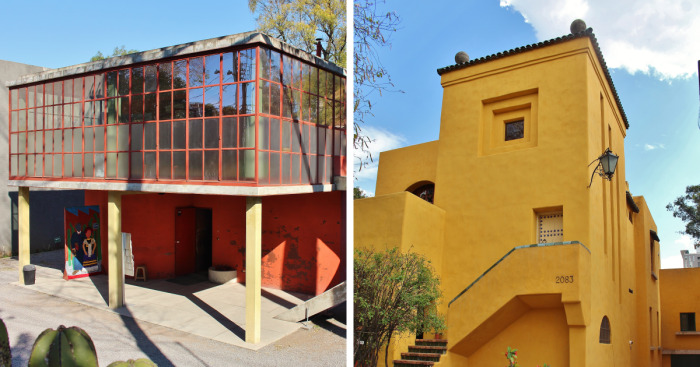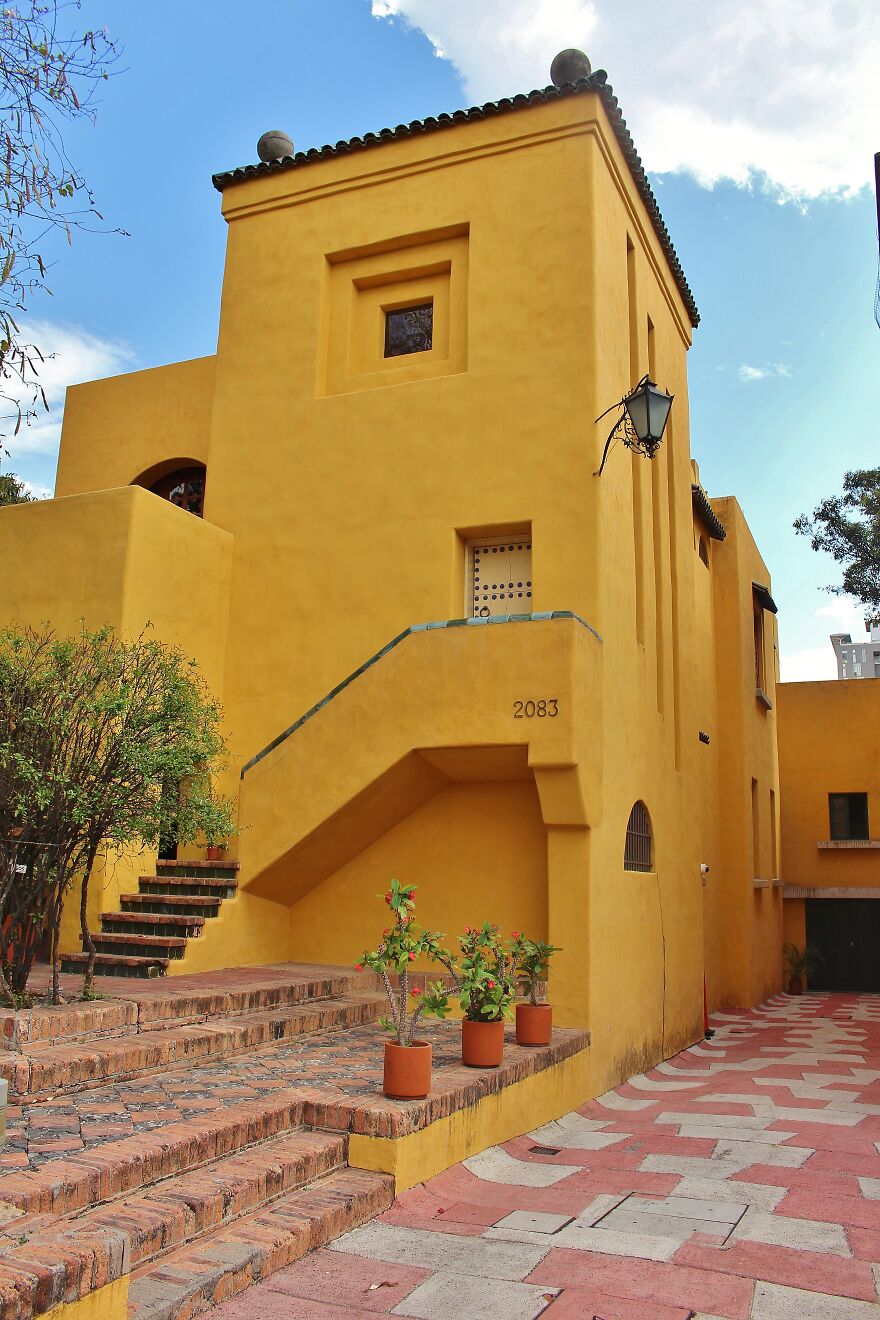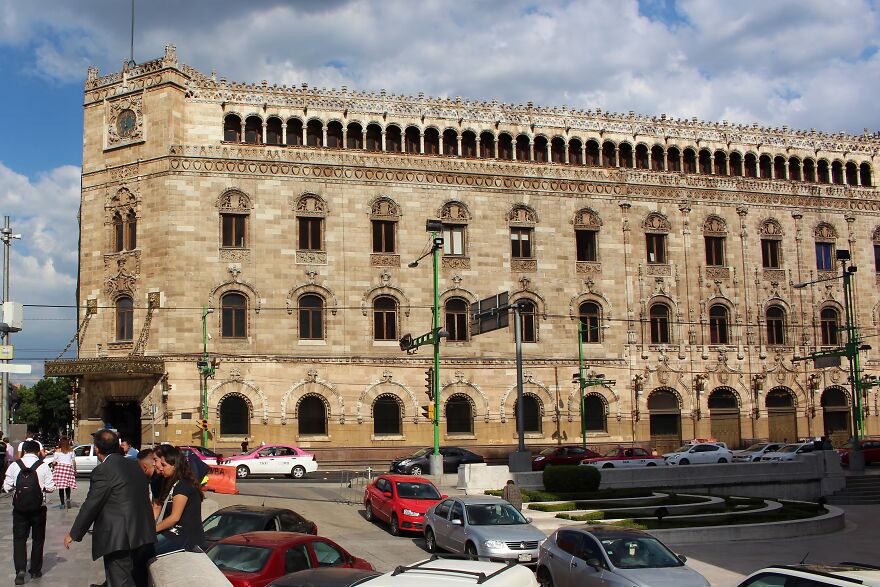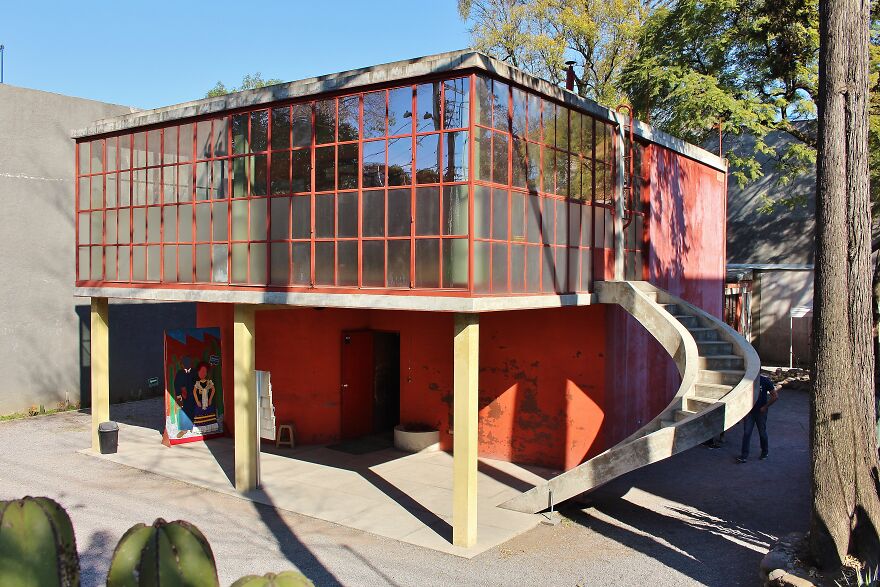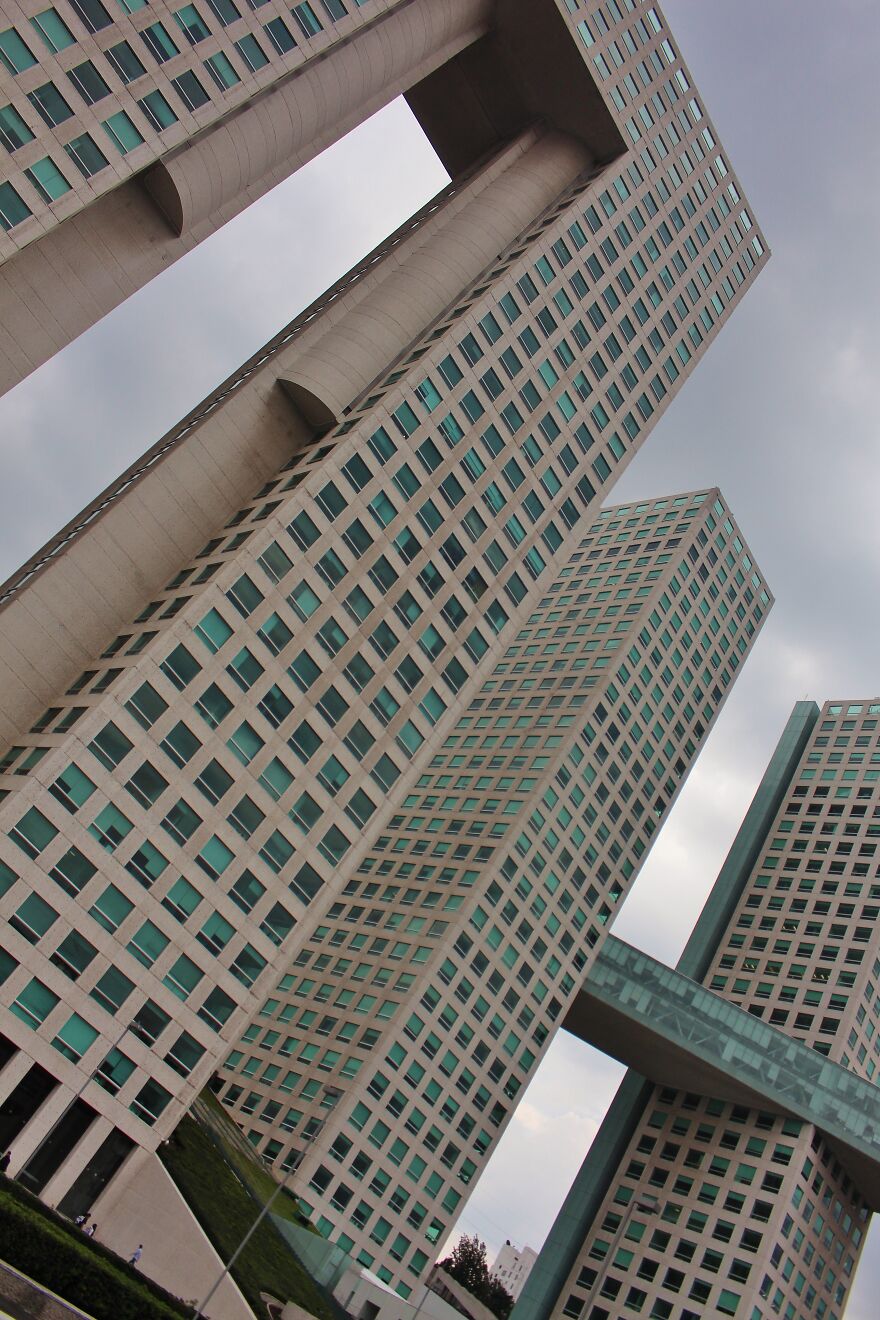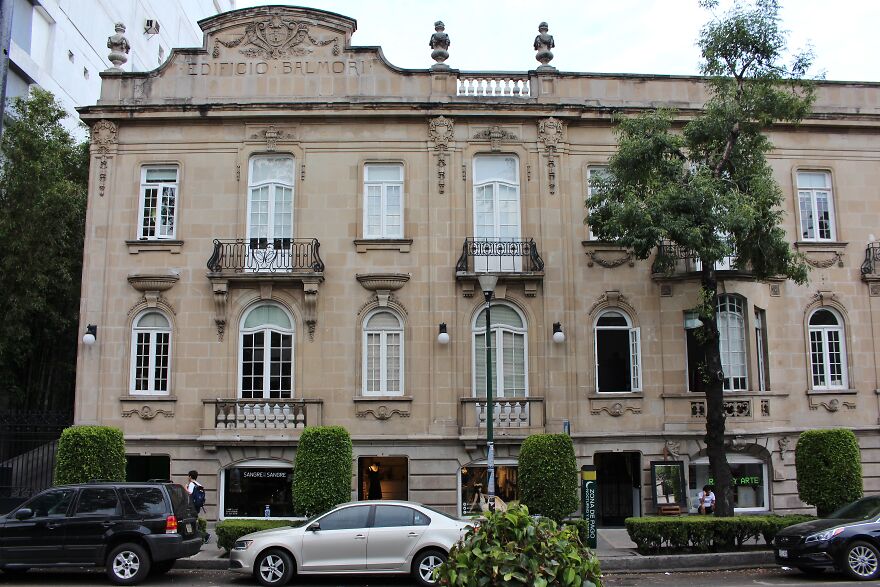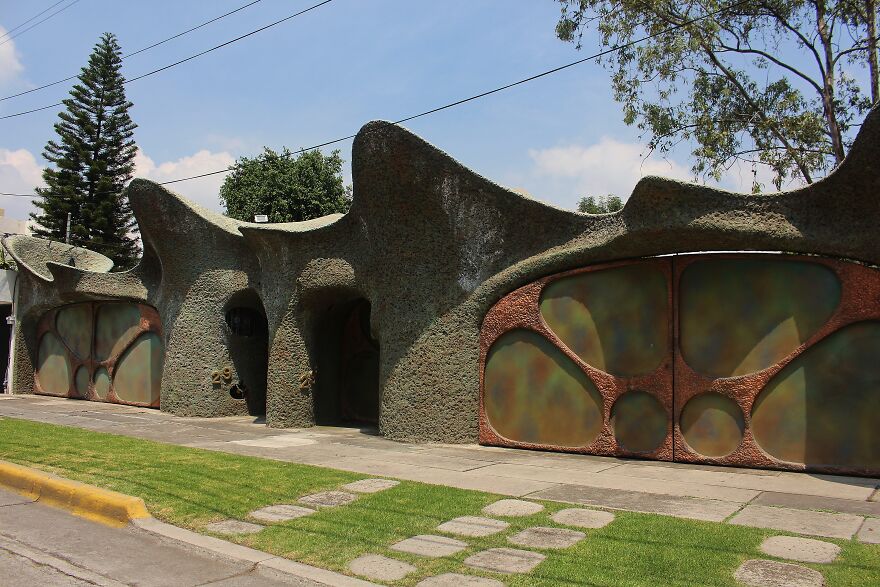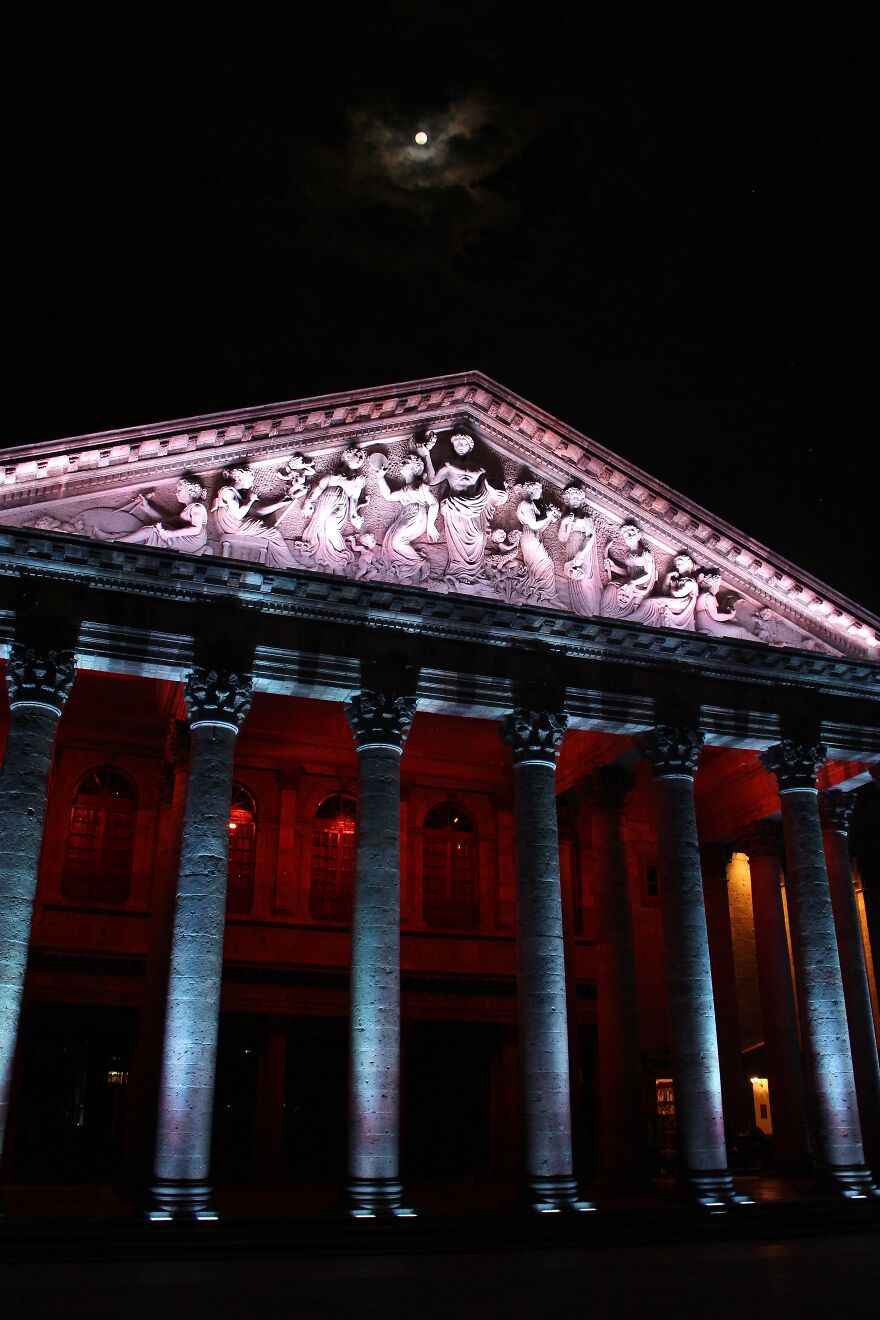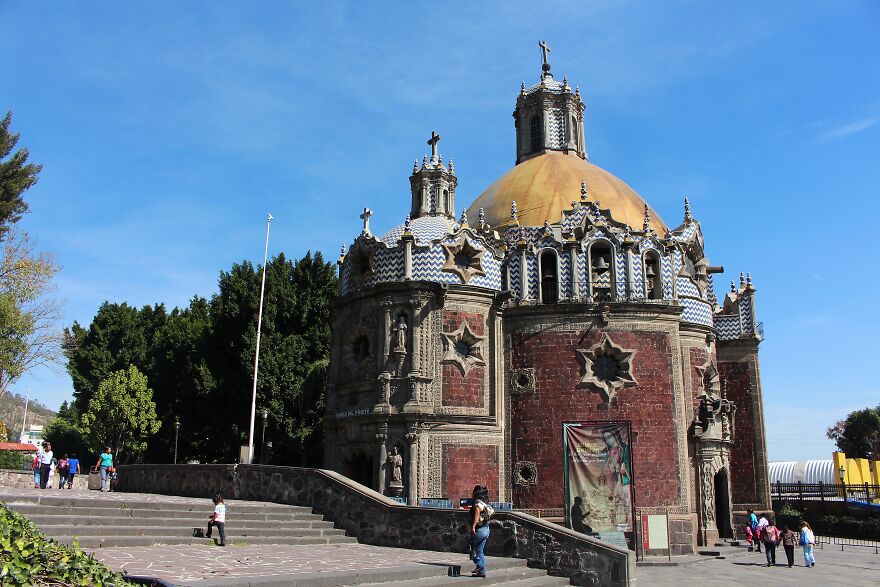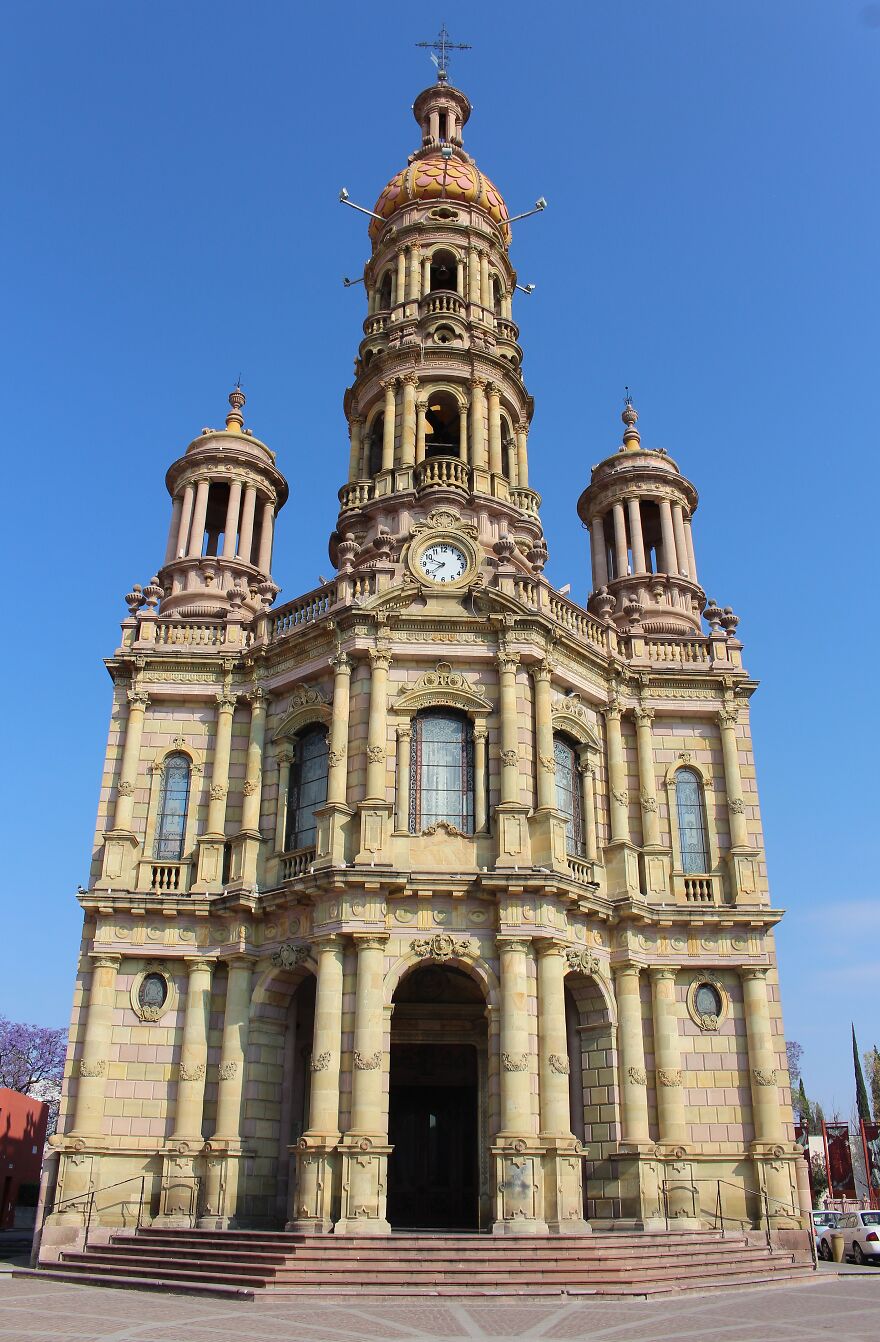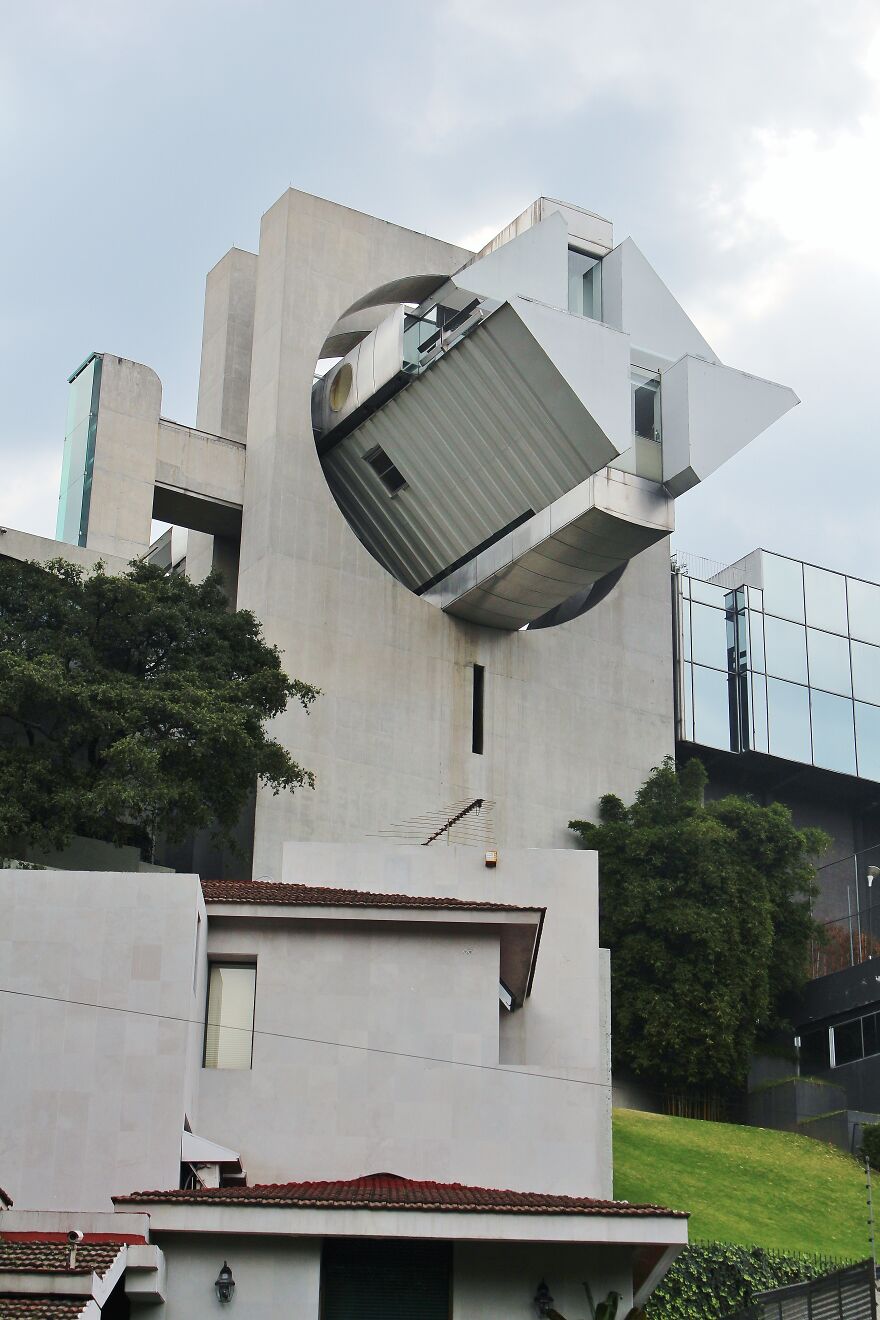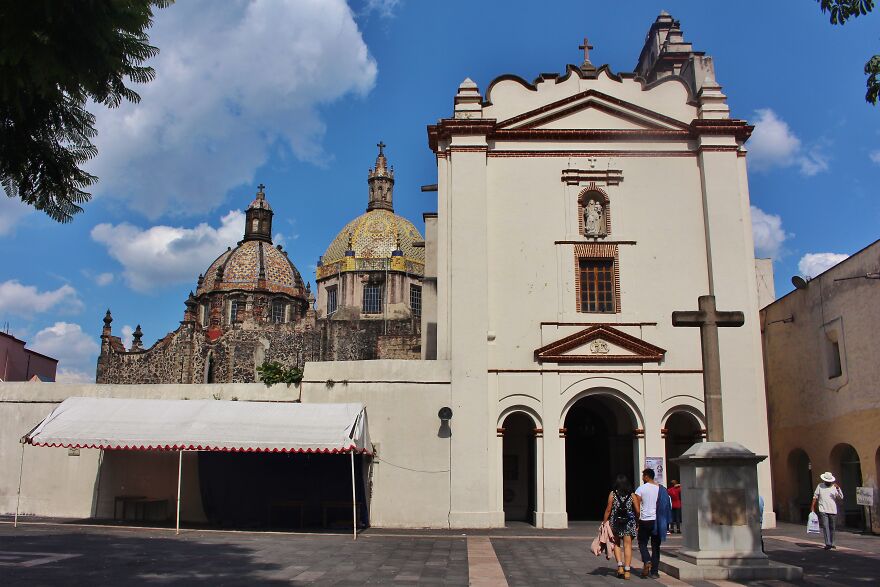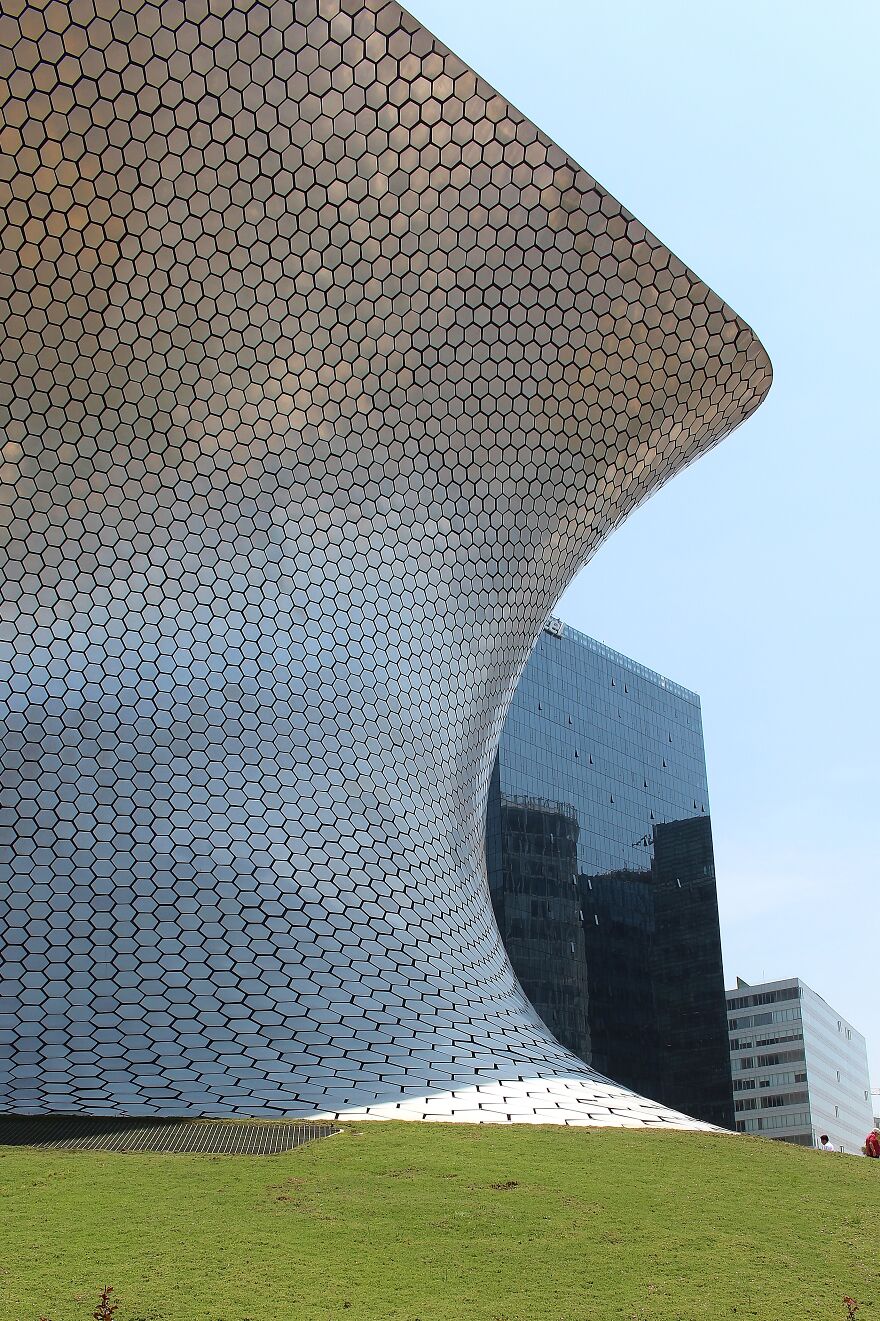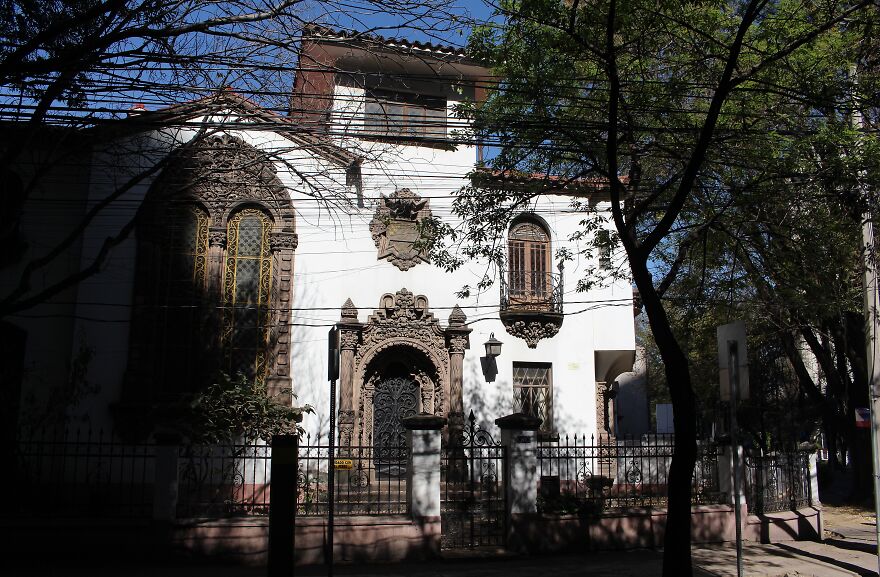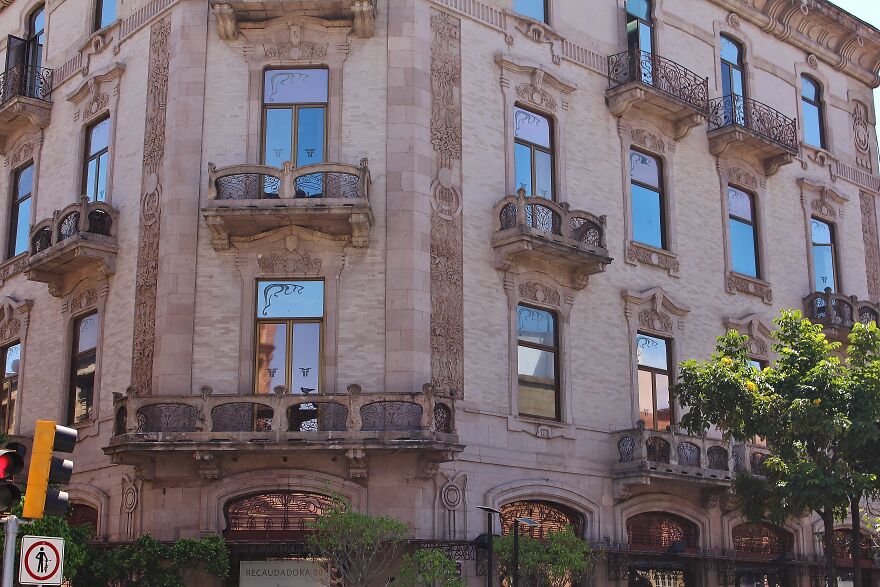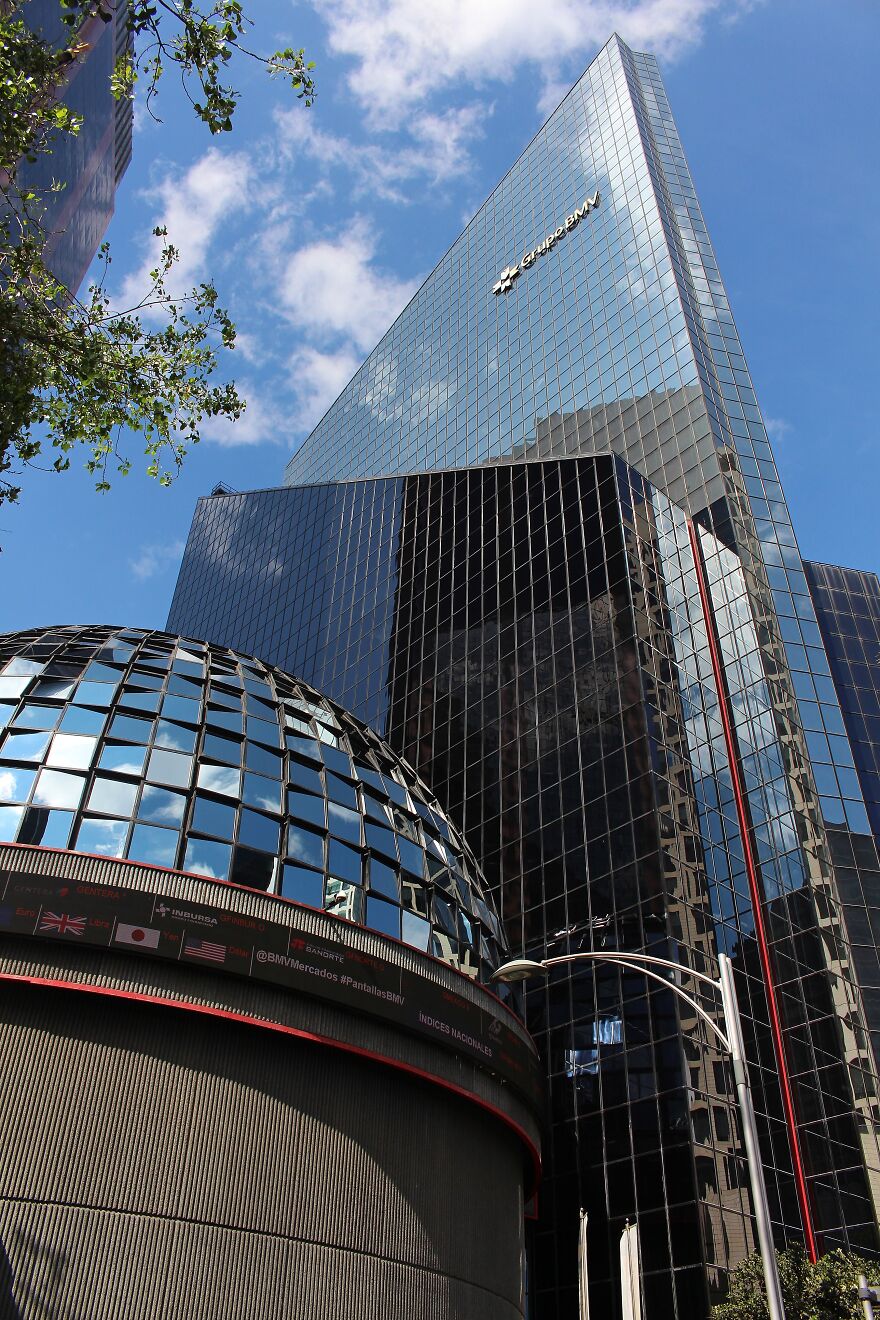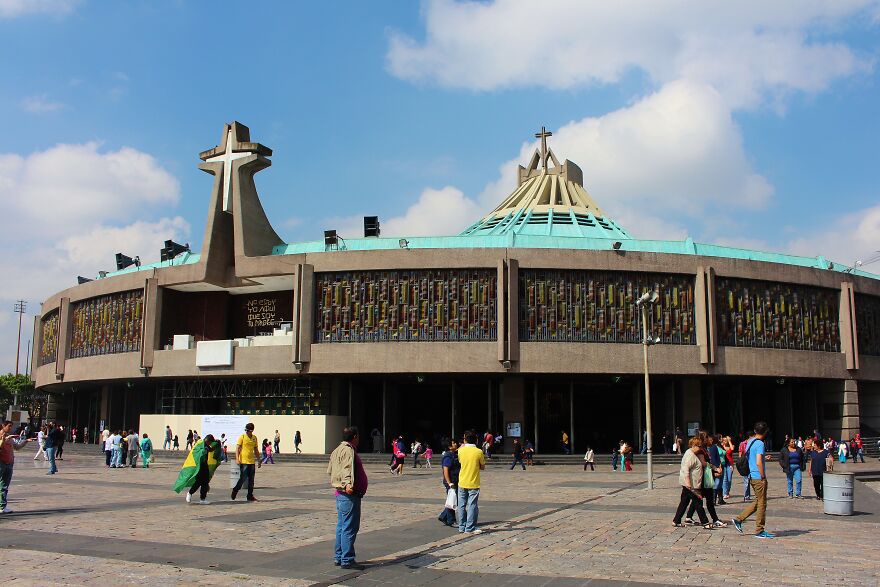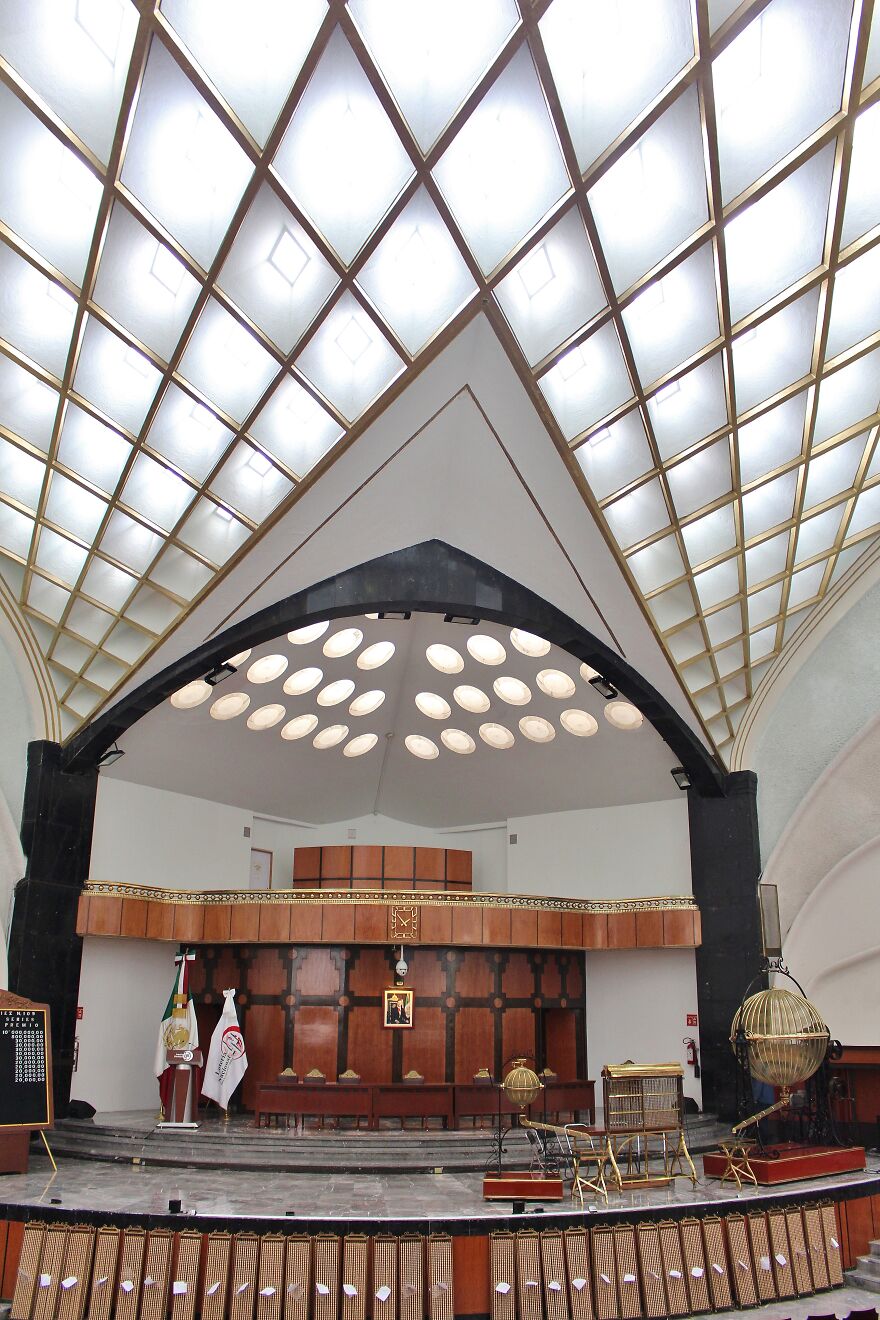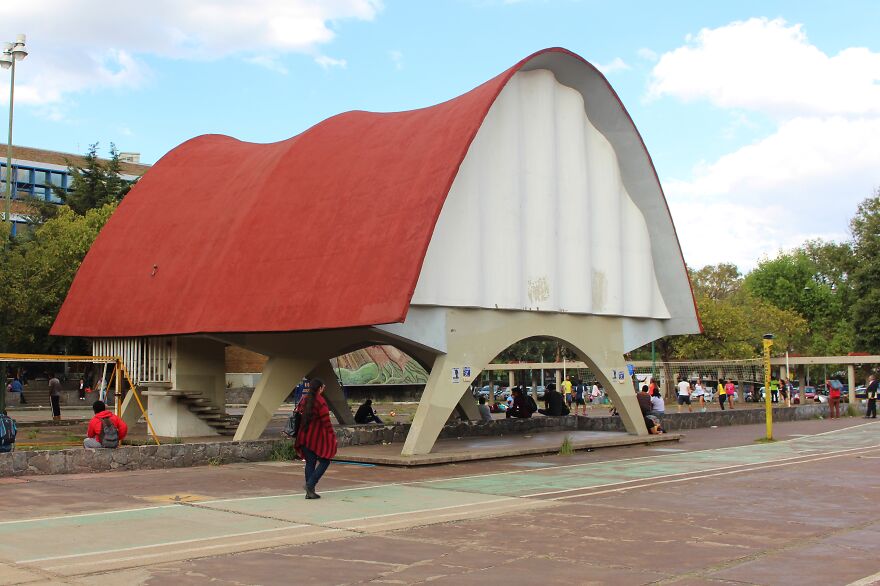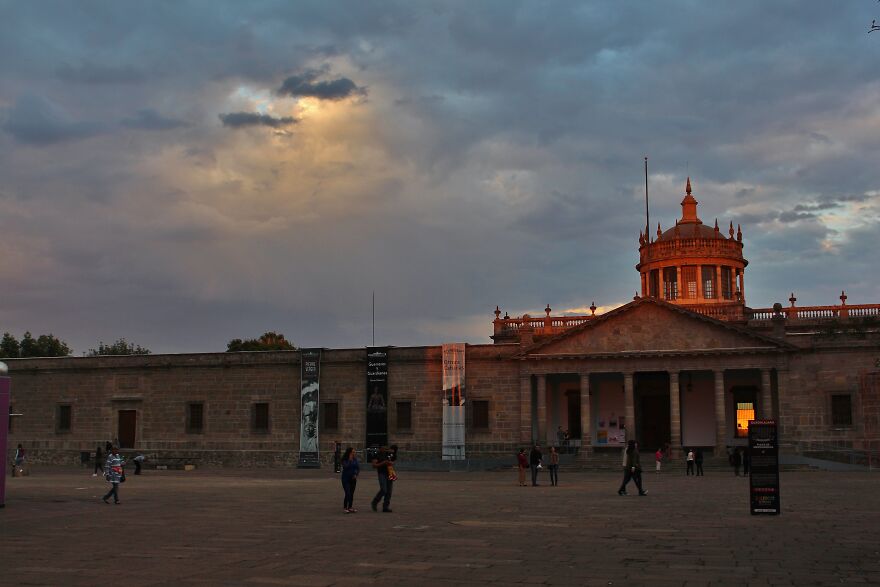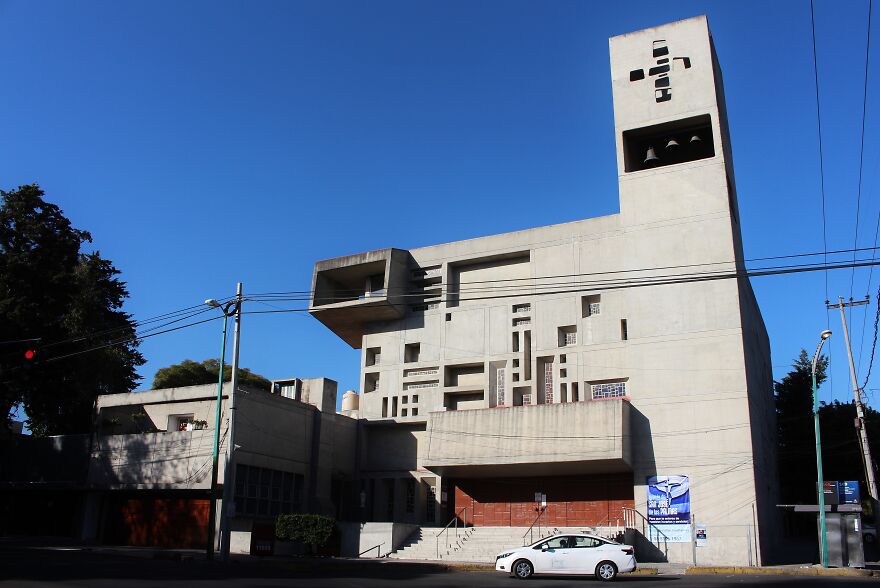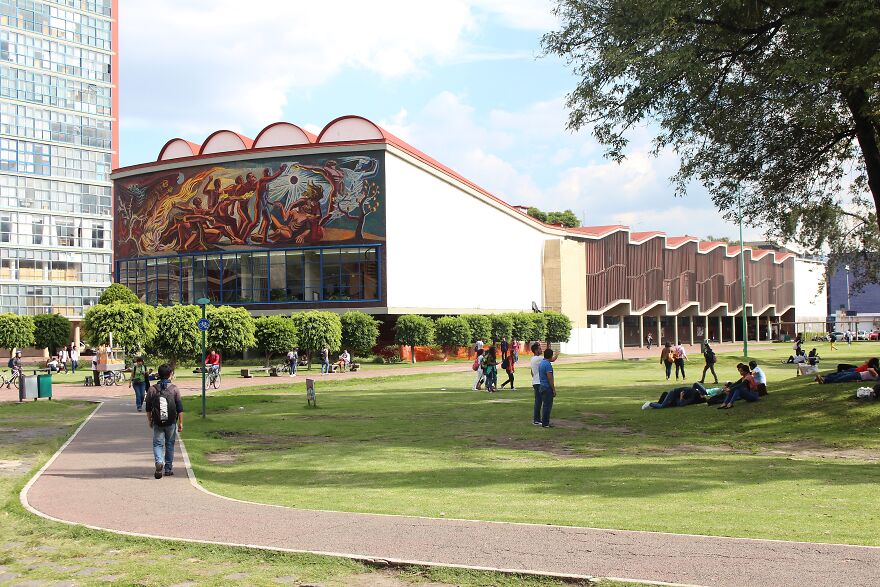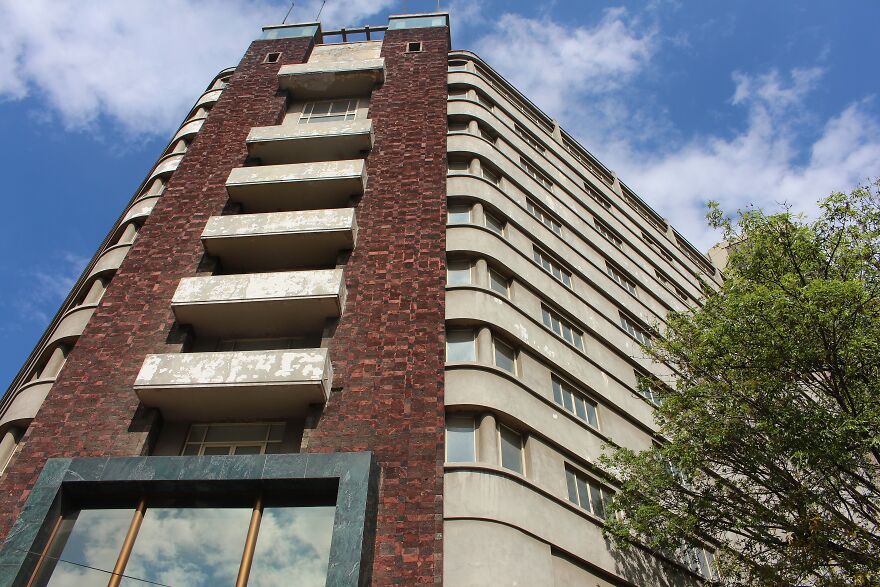On a trip that I made to various places in Mexico, I took a series of photographs of the works of some Mexican architects. Not all of these properties are considered the non plus ultra of his works, but each one protects a unique beauty worthy of admiration.
I decided to choose some representative architects of the different existing architectural movements.
This post may include affiliate links.
Luis Barragán
Casa ITESO Clavigero (1930)
Luis Barragán is the only Mexican architect winner of the Pritzker Prize
Adamo Boari
Palacio de Correos (1907)
Although Adamo Boari was a foreign architect, his best works were left in Mexico during the time he settled here.
Juan O'gorman
Casa O'Gorman (1929)
Named as the first functionalist house in Mexico, O'Gorman was the man who brought functionalism to its highest aesthetic sense in the world.
Teodoro González De León
Torre Arcos Bosques I (1996)
Teodoro G. is the icon of Mexican brutalist architecture.
Ignacio Capetillo
Edificio Balmori (1922)
One of the last buildings inherited from the eclectic movement at the beginning of the century was this group of apartments in the Roma neighborhood.
Javier Senosiain
Conjunto Satélite (1995)
Master of organic Mexican architecture, the Conjunto Satelite is a series of underground houses out of a fairy tale.
Jacobo Gálvez
Teatro Degollado (1866)
Francisco De Guerrero Y Torre
Capilla del pocito (1791)
The circular baroque chapel is one of the best examples of Mexican baroque when using architectural materials typical of the country.
Refugio Reyes Rivas
Templo de San Antonio de Padua (1908)
Reyes is considered an architect without studies since all his works were done empirically.
Agustín Hernández
Casa en el aire (1991)
Considered a great example of avant-garde architecture.
Andrés De San Miguel
Templo y convento del Carmen (1628)
The temple and convent that the friar Andrés de San Miguel projected according to the stars remains intact for the most part. The legend says that he became an architect friar because the Virgin of Carmen saved him from a shipwreck.
Fernando Romero
Museo Soumaya (2011)
This property houses the art collection of Soumaya Domit and Carlos Slim, who were once the richest couple in the world.
Eduardo F. Meneses
Casa de los gatos (1938)
Meneses was the best representative of neocolonial architecture. Most of his works were in the Polanco neighborhood, which is why it was called "Polanco style". This house is called "the cats" because it has carved cats on the facade.
Pedro Moreno
Secretaria de Finanzas de Jalisco (1910)
It is one of the best Art Nouveau examples in the entire country.
Juan José Díaz Infante
Centro Bursátil (1990)
Infante is known for its monumental futuristic architecture.
Pedro Ramírez Vázquez
Basílica de Guadalupe (1976)
The idea was to create a building that would resemble the mantle of the Virgin of Guadalupe.
Manuel Ortíz Monasterio
El Moro (1946)
It is the best example of the Art-Deco skyscrapers in Mexico City.
Félix Candela
Pabellón de Rayos Cósmicos (1951)
The pavilion would be the first work in the world to use the hyperbolic paraboloid. Thereafter it would be appropriate in world architecture for the construction of concrete ceilings in large spaces without supporting columns.
Manuel Tolsá
Hospicio Cabañas (1810)
Manuel Tolsá was the man who perfected the neoclassical style in Mexico.
Eugenio Peschard
Auditorio Alfonso Caso (1952)
His work is complemented by a mural by José Chavéz Morado outside and inside the building.
Mario Pani
Hotel Reforma (1936)
This hotel is abandoned and is in the process of being demolished.

 Dark Mode
Dark Mode 

 No fees, cancel anytime
No fees, cancel anytime 






